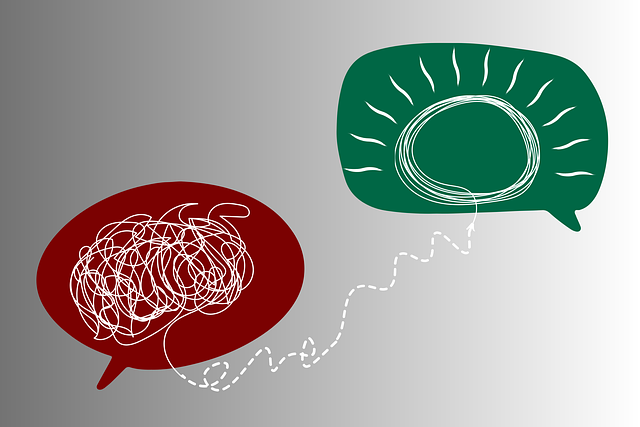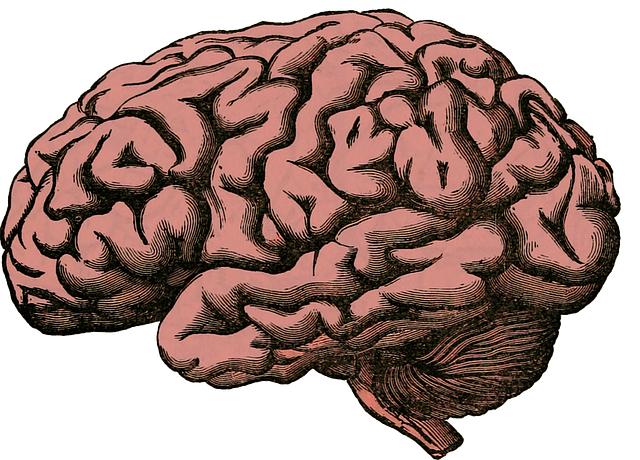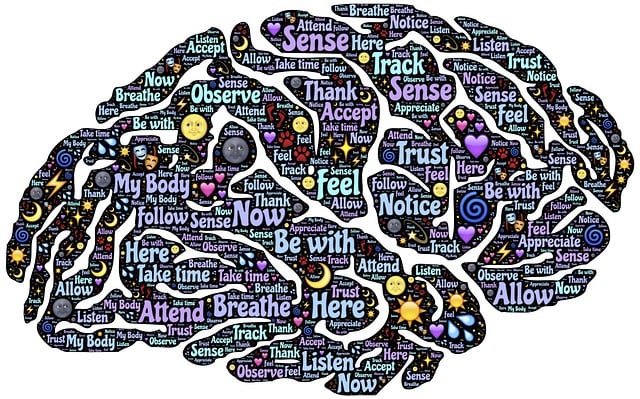Depression prevention involves a holistic approach starting with early intervention for signs and symptoms. For Millennials at risk of conditions like Centennial Adjustment Disorder (CAD), therapy is key. CAD Therapy addresses unique challenges from social media, academic pressures, and rapid tech changes through community outreach and self-awareness exercises. Cognitive Behavioral Techniques (CBT) challenge negative thought patterns and build resilience. A strong support network with open conversations about mental health fosters well-being and prevents CAD.
Depression prevention is a multifaceted approach that requires understanding and addressing various aspects of mental health. Early intervention plays a crucial role, as does innovative therapy methods like Centennial Adjustment Disorder Therapy, which offers new hope for managing mental health effectively. This article explores strategies ranging from lifestyle modifications to cognitive behavioral techniques and the power of social connections in preventing and managing depression. By integrating these insights, individuals can enhance their mood and overall well-being.
- Understanding Depression Prevention: Unveiling the Importance of Early Intervention
- Centennial Adjustment Disorder Therapy: A Novel Approach to Managing Mental Health
- Lifestyle Modifications for Enhancing Mood and Well-being
- Cognitive Behavioral Techniques: Empowering Individuals to Overcome Negative Thought Patterns
- Building a Supportive Network: The Role of Social Connections in Depression Prevention
Understanding Depression Prevention: Unveiling the Importance of Early Intervention

Depression prevention isn’t just about warding off negative thoughts; it’s a holistic approach to well-being that involves understanding and addressing underlying factors. Early intervention plays a pivotal role in this process, acting like a shield against the onset of depression. By recognizing the signs and symptoms at their nascent stages, individuals can seek help before the condition escalates. This proactive step is crucial, especially for those at risk of developing conditions like Centennial Adjustment Disorder, where therapy becomes a powerful tool to navigate through life’s challenges.
Self-awareness exercises, stress reduction methods, and emotional regulation techniques are key components in this preventive strategy. They empower individuals to recognize triggers, manage stress, and process emotions healthily. Through these practices, one can foster resilience, build coping mechanisms, and create a buffer against the adverse effects of life’s stressors—all essential elements in maintaining mental well-being.
Centennial Adjustment Disorder Therapy: A Novel Approach to Managing Mental Health

Centennial Adjustment Disorder Therapy (CADT) offers a novel and promising approach to managing mental health, especially in addressing the challenges of a rapidly changing world. This therapeutic framework recognizes that individuals born in the 21st century, often referred to as “centennials,” face unique stressors related to social media, academic pressures, and rapid technological advancements. CADT focuses on providing crisis intervention guidance tailored to this generation’s needs, helping them develop effective coping skills.
By incorporating elements of community outreach program implementation, CADT fosters a sense of belonging and support. It encourages the development of strong interpersonal connections, which can mitigate feelings of isolation often associated with depression. Through various techniques, this therapy enables centennials to navigate life’s complexities, promote resilience, and enhance overall well-being. This innovative approach not only addresses immediate mental health concerns but also equips individuals with tools for long-term crisis prevention and healthier coping strategies.
Lifestyle Modifications for Enhancing Mood and Well-being

Cognitive Behavioral Techniques: Empowering Individuals to Overcome Negative Thought Patterns

Cognitive Behavioral Techniques (CBT) play a pivotal role in depression prevention by empowering individuals to challenge and overcome negative thought patterns. This approach, often incorporated into Centennial Adjustment Disorder Therapy, focuses on identifying distorted thinking and replacing it with more realistic, positive alternatives. By learning to recognize and modify these cognitive processes, individuals gain valuable tools to manage their mental health effectively.
CBT emphasizes the interconnectedness of thoughts, feelings, and behaviors, aligning with fundamental Mind Over Matter principles. Through structured therapy sessions, clients develop coping strategies that not only alleviate symptoms of anxiety and depression but also foster healthier self-care practices. By integrating these techniques into daily routines, individuals can build resilience against negative thought cycles, enhancing their overall well-being and quality of life.
Building a Supportive Network: The Role of Social Connections in Depression Prevention

Building a strong support network is an integral part of preventing and managing depression. Social connections play a pivotal role in mental health, offering a sense of belonging and purpose. Friends and family can provide emotional support, listen to your concerns, and offer different perspectives, helping you navigate difficult times. Moreover, engaging in activities with loved ones fosters a sense of connection and happiness, which is essential for preventing Centennial Adjustment Disorder.
Encouraging self-care practices within this supportive network can further enhance mental well-being. This includes open conversations about feelings, promoting self-esteem improvement, and designing mental health education programs to raise awareness and reduce stigma. By prioritizing these aspects, individuals can develop effective coping strategies, improve their resilience, and better manage symptoms of depression or prevent its onset.
Depression prevention is a multifaceted approach, and by combining early intervention with innovative therapies like Centennial Adjustment Disorder Therapy, lifestyle adjustments, cognitive behavioral techniques, and robust social support networks, individuals can effectively navigate and overcome depression. Each strategy plays a unique role in fostering mental well-being, ultimately enabling people to lead happier, more fulfilling lives.














